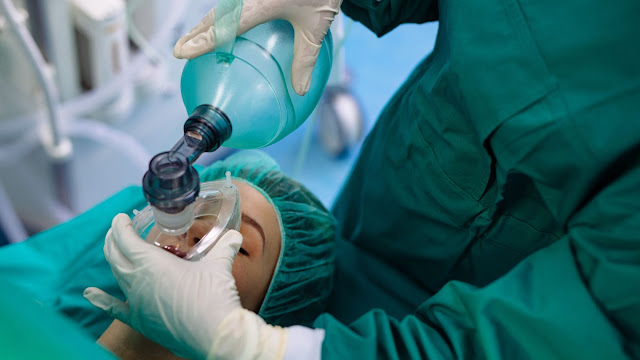Sedation Dentistry: Risks and Complications
Sedation Dentistry: An Introduction
Sedation dentistry is a safe, beneficial and practical option that can benefit patients who face apprehension, fear, or anxiety of being at the dentist and cannot sit still for a long period.
Patients who do not get numb from aesthetics can also benefit from this branch of dentistry.
Sedation dentistry is usually opted for by patients with a Bad gag reflex, over-sensitive teeth, time limitations, complicated dental issues and fear of needles and aversion to the sounds of the procedure.
The three main techniques of Sedation Dentistry are
- Inhalation with Nitrous Oxide Gas
- Oral Sedation is given as a pill
- IV Sedation administered Intravenously
What are the Advantages of Sedation Dentistry?
Sedation Dentistry enables the doctor to perform various dental procedures safely and comfortably, especially for patients who suffer anxiety and restlessness during dental procedures. It also has several other benefits like:
- Lack of anxiety, apprehension and fear during the procedure
- No memory of having endured a complex and arduous procedure
- No feeling about the time spent during the procedure
- Lack of perception of the smell or sound can be disturbing for many
- Allowing the dentist to complete the procedure faster
- An easy and comfortable way to experience and withstand dentistry.
What are the Risks or Complications of Sedation Dentistry?
Sedation Dentistry is typically an extremely safe branch of dentistry when administered by a skilled and experienced dental surgeon.
However, every medical procedure always holds a potential risk of complications, however small it might be. The complications of sedation dentistry thought extremely rare include:
- Lasting sleepiness and fatigue.
- Dry mouth
- Nausea & vomiting
- It May cause a headache
- IV may cause bruising
The oral sedation medications have an unpredictable effect sometimes, causing an allergic reaction in some people. However, this is extremely rare.




Comments
Post a Comment